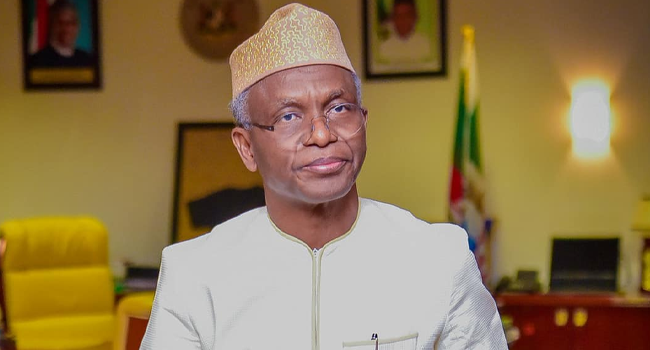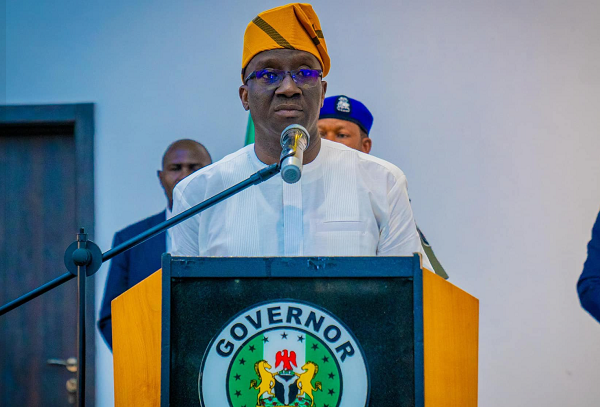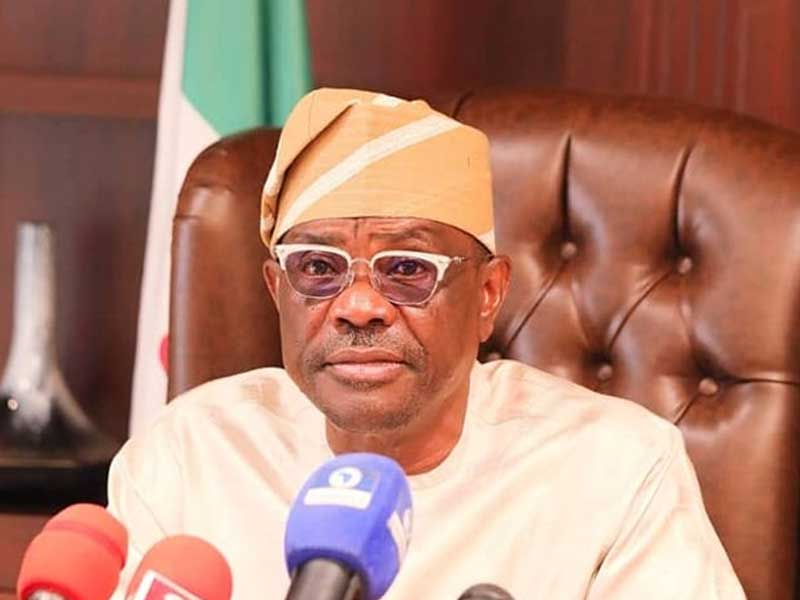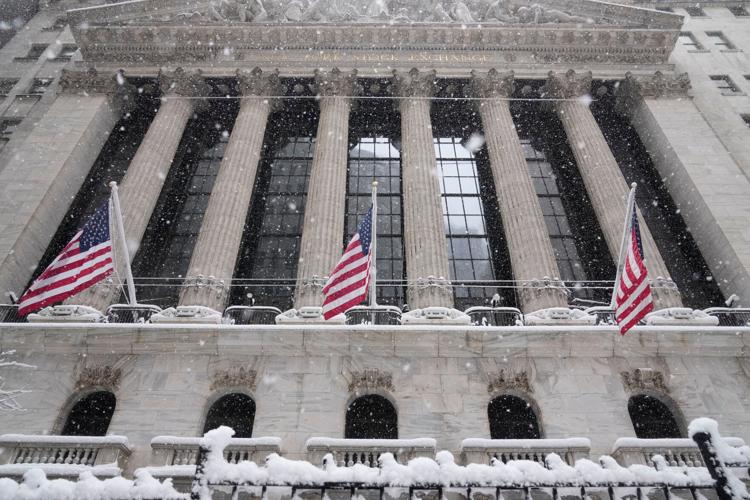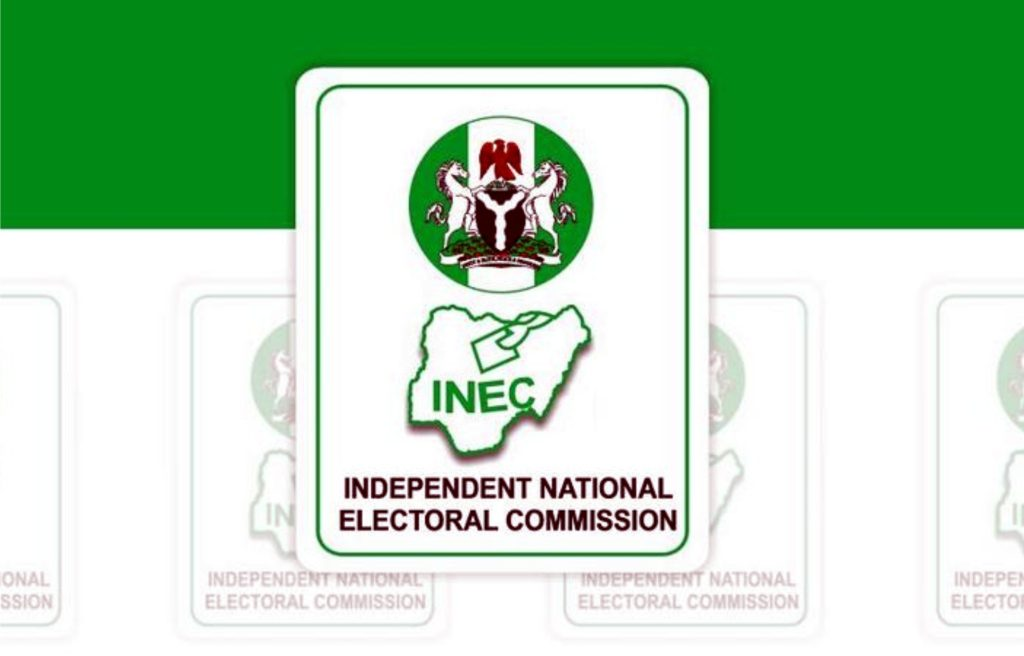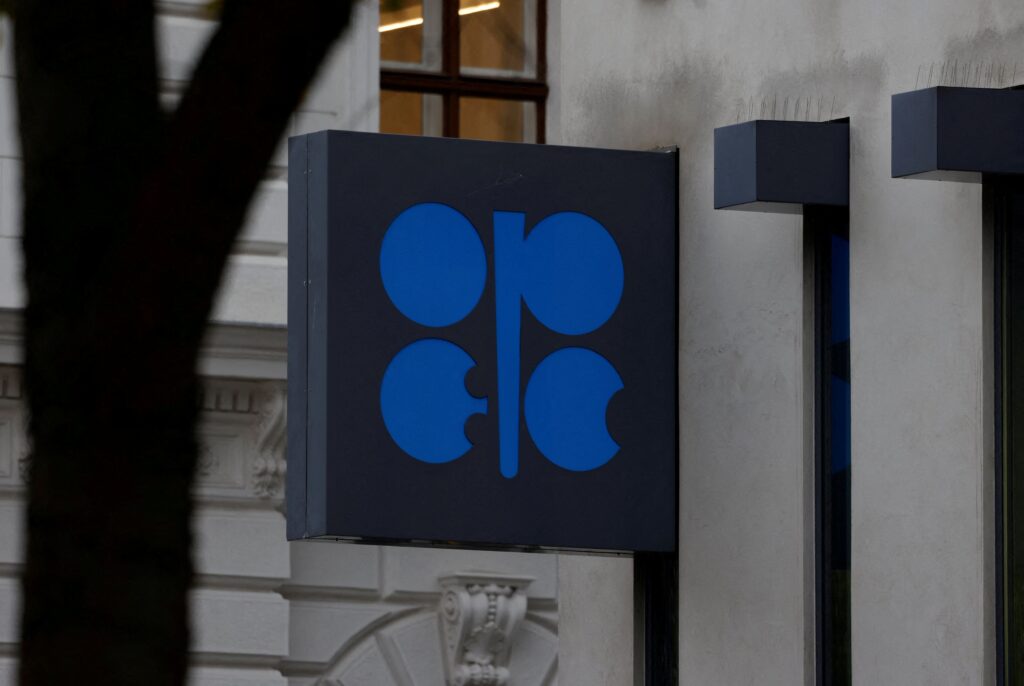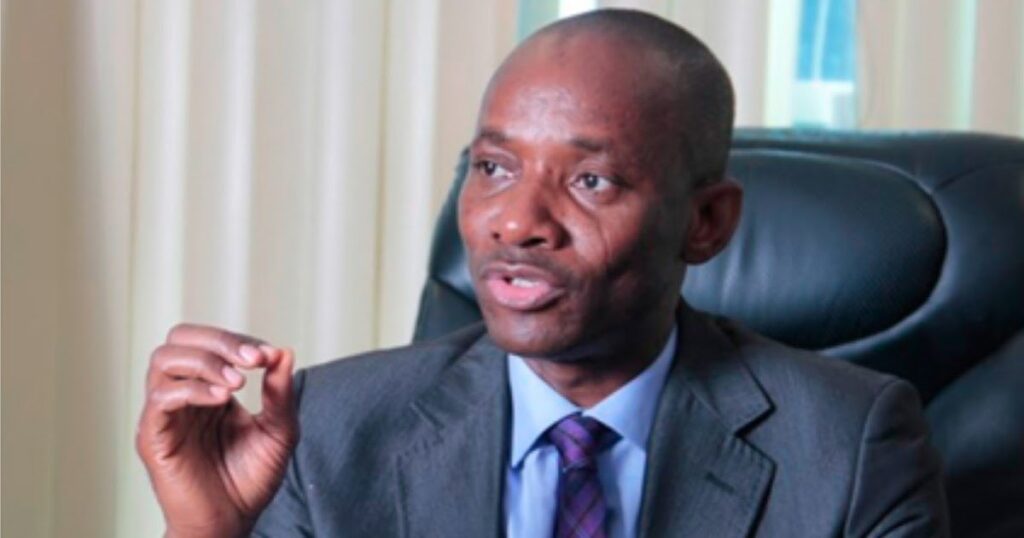Nigeria recorded the highest inflation rate in Africa and ranked fourth globally in December 2024, underscoring worsening living conditions and rising poverty levels, according to the Nigeria Economic Summit Group (NESG).
The inflation rate, which peaked at 34.2% in June 2024, briefly eased but rebounded to 34.8% by December. Key drivers included soaring food and energy prices, high transportation costs, and escalating insecurity.
This was revealed in NESG’s 2025 Macroeconomic Outlook Report themed “Stabilisation in Transition: Rethinking Reform Strategies for 2025 and Beyond.” The report highlighted that these economic pressures contributed to modest GDP growth of 3.2% between Q1 and Q3 2024, a figure insufficient to improve living standards or significantly reduce poverty.
The report attributed Nigeria’s underwhelming economic performance to structural inefficiencies, a weakly diversified economy, and productivity challenges in critical sectors. Notably, agriculture and non-oil industries—which employ a significant portion of Nigerians—contributed only 10.7% to real GDP growth during the first three quarters of 2024, lagging behind the oil and gas sector’s 12.2% contribution.
To address these issues, the Federal Government’s National Poverty Reduction with Growth Strategy calls for annual economic growth of 4.4% to create sustainable jobs and reduce poverty.
On a brighter note, the report projected inflation to decline to 24.7% in 2025, with the naira stabilising at an average exchange rate of ₦1,300/$1. This optimism is tied to improved fiscal and monetary policy alignment, higher crude oil sales, increased agricultural production, and the resurgence of oil refining.
Key reforms highlighted include disciplined government spending, targeted interventions in critical sectors, and measures to mitigate global economic uncertainties. The report stressed the need for sustained reforms to translate these gains into long-term economic growth.
While sectors like ICT and financial services showed strong growth—recording 5.3% and 30.3%, respectively—major employment-generating sectors such as agriculture, manufacturing, and trade struggled, with growth rates below 2%.
For sustained economic stabilisation in 2025, the report recommended better fiscal, monetary, and trade policies, with an emphasis on achieving:
- Annual real GDP growth above 5%,
- Stable foreign exchange and a stronger naira,
- Fiscal deficit below 3% of GDP,
- Reduced inflation, and
- A robust external sector balance.
To achieve these goals, NESG outlined the need for reforms that are complementary, coordinated, inclusive, and supported by the public, ensuring equitable economic outcomes.








